Deaths involving e-scooter collisions have trebled year-on-year, with 12 fatalities in the past year.
The provisional data, published by the Department for Transport (DfT) for the year ending June 2022, also shows that collisions involving e-scooters increased by 38%.
There were 1,349 collisions involving e-scooters, compared to 978 in the year ending June 2021, new data for the year ending June 2022 suggests.
Of all collisions involving e-scooters, 346 included only one e-scooter with no other vehicles involved in the collision (single vehicle collision), compared to 200 in the year ending June 2021.
Overall, there were 1,437 casualties in collisions involving e-scooters, compared to 1,033 in the year ending June 2021.
Of all casualties in collisions involving e-scooters, 1,095 were e-scooter users, compared to 811 in the year ending June 2021.
Tragically, 12 people were killed in collisions involving e-scooters (11 of whom were e-scooter riders) compared to four in the year ending June 2021.
The DfT’s best estimate, after adjusting for changes in reporting by police, is that there were 429 seriously injured and 996 slightly injured casualties in collisions involving e-scooters, compared to 288 and 741 respectively in the year ending June 2021.
The three most common type of injuries sustained in collisions involving e-scooters (to the e-scooter users or others) are all of slight severity.
However, the fourth, fifth and sixth most common type of injuries are different type of fractures and head injures which are considered as serious injuries.
Martin Usher, partner in personal injury at Lime Solicitors, said: “The statistics released by the Department for Transport confirm that e-scooter accidents and injuries are continuing to rise exponentially year on year. With 12 e-scooter fatalities, it is clear that we now need more effective measures to improve road safety.
“We also know that there are thousands of illegal private vehicles being driven dangerously on public highways, many of which don't have speed caps unlike rental scooters. The Government cannot continue to delay responding to the changing landscape of metropolitan transport.
“E-scooters are sustainable and cost-effective, but need regulation such as mandatory training similar to a cycling proficiency course, helmets and insurance for private ownership to keep people safe.”
The Metropolitan police reported around a third of all casualties involving e-scooters in Great Britain, compared with around a fifth of all casualties involving any vehicle.
The remaining e-scooter casualties were spread across the other police forces, with higher numbers in areas where there is an ongoing trial.
The Government is running trials of e-scooters, which are currently taking place in around 30 areas.
Currently, the distinction between trial and privately owned e-scooters involved in collisions is recorded inconsistently by police forces as part of a free text field, and in some areas (including for the Metropolitan police) there are a high proportion of collisions where the police officer does not identify the type of e-scooter involved.
There were also more male than female e-scooter-user casualties, especially among those aged between 10 and 39.

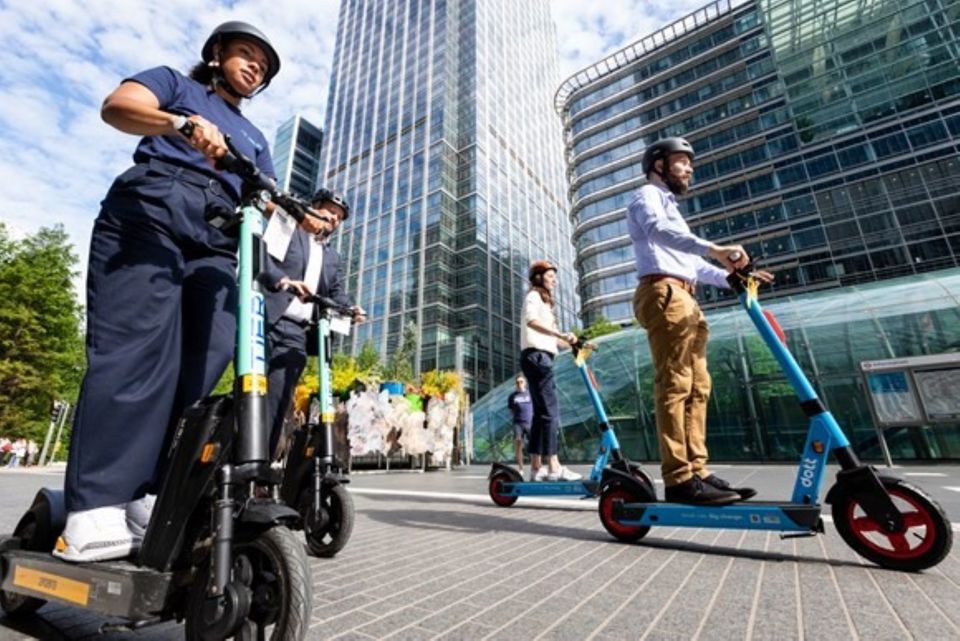




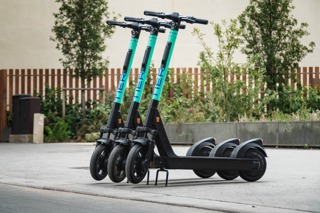
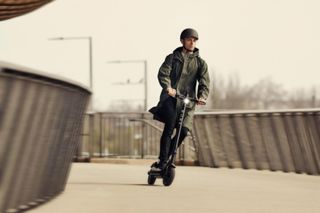
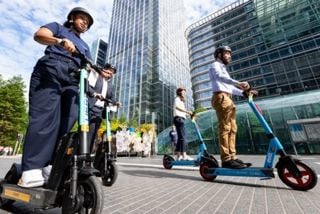







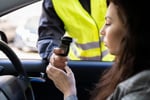





Login to comment
Comments
No comments have been made yet.